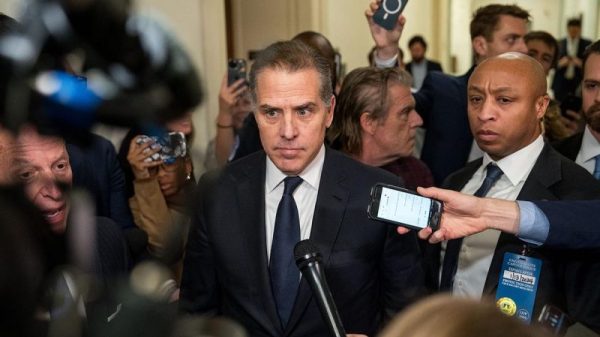Fitch Revises China’s Debt Outlook to Negative
Quick Look
Fitch Ratings downgraded China’s debt outlook to negative, maintaining an A+ rating due to fiscal stability concerns.
China’s Finance Ministry contested Fitch’s assessment, emphasizing efforts to manage debt and support economic growth.
Fitch highlights the risks of shifting away from the property sector and managing local government debts.
Despite challenges, China’s economic strengths, like trade and reserves, provide a cushion against financial distress.
In a move that underscores growing concerns over China’s fiscal stability, Fitch Ratings recently adjusted its outlook on the country’s sovereign debt from stable to negative. Simultaneously, it maintained its A+ rating. Consequently, this decision has sparked a notable backlash from China’s Finance Ministry. The ministry has criticized the rating agency’s methodology and reaffirmed the country’s commitment to maintaining a “moderate and reasonable” level of deficit.
Fitch Cites Rising Risks Amid Economic Shifts
Fitch’s revision of its outlook is grounded in the perceived increase in risks to China’s public finances. Specifically, the country endeavors to navigate away from its heavy reliance on a tumultuous property sector towards more sustainable economic growth drivers. Furthermore, a key concern for Fitch is the challenge posed by mounting local and regional government debts. This issue is exacerbated by a slowing economy, which complicates efforts to manage and reduce borrowing levels.
Despite these challenges, Fitch opted to retain China’s A+ rating. This decision underscores the nation’s significant strengths, including its vast and diverse economy, central role in international trade, and substantial foreign exchange reserves. Together, these factors offer a buffer against immediate financial distress and underscore China’s enduring economic resilience despite current fiscal headwinds.
China’s Finance Ministry’s Robust Defense
Responding to Fitch’s revised outlook, China’s Finance Ministry expressed disappointment. Critically, they criticized the agency for not fully appreciating the government’s strategic moves to enhance the efficiency and quality of its expenditure. Furthermore, the Ministry argues that its fiscal strategy is specifically designed to bolster domestic demand and support economic growth. Consequently, this strategy safeguards its sovereign credit in the long term.
Moreover, the Ministry highlighted ongoing efforts to address local government debt. They assert that these measures are progressing in an orderly fashion, with risks remaining largely manageable. Consequently, this stance reflects a broader confidence within the Chinese government about its ability to navigate fiscal challenges without compromising the country’s financial stability.
Navigating a Complex Economic Landscape
Fitch’s report sheds light on the broader economic pressures facing China. It notes a projected increase in the general government deficit to 7.1 per cent of GDP this year, up from 5.8 per cent in 2023. This surge in deficit levels is significant, especially when compared to the median of 3.0 per cent for countries with an “A” rating. Moreover, it signals a notable deviation from China’s pre-pandemic fiscal performance.
Furthermore, complicating matters are tax relief measures and a downturn in property investments. Traditionally, these investments have been a significant source of local tax revenue. They have now diminished the government’s tax collection capabilities. Despite these hurdles, Fitch forecasts a 4.5 per cent growth rate for China’s economy in 2024. This forecast is a testament to the government’s fiscal interventions aimed at mitigating the impact of the property sector’s downturn and subdued consumer spending.
Additionally, the recent rating outlook adjustment by Fitch Ratings casts a spotlight on the intricate fiscal and economic challenges facing China. While the Chinese government remains confident in its financial management strategies, the global financial community continues to watch closely. They are aware of the broader implications of China’s fiscal health on global economic stability. As China works to recalibrate its economic model and address debt concerns, the path forward is fraught with both challenges and opportunities for one of the world’s largest economies.
The post Fitch Revises China’s Debt Outlook to Negative appeared first on FinanceBrokerage.


































